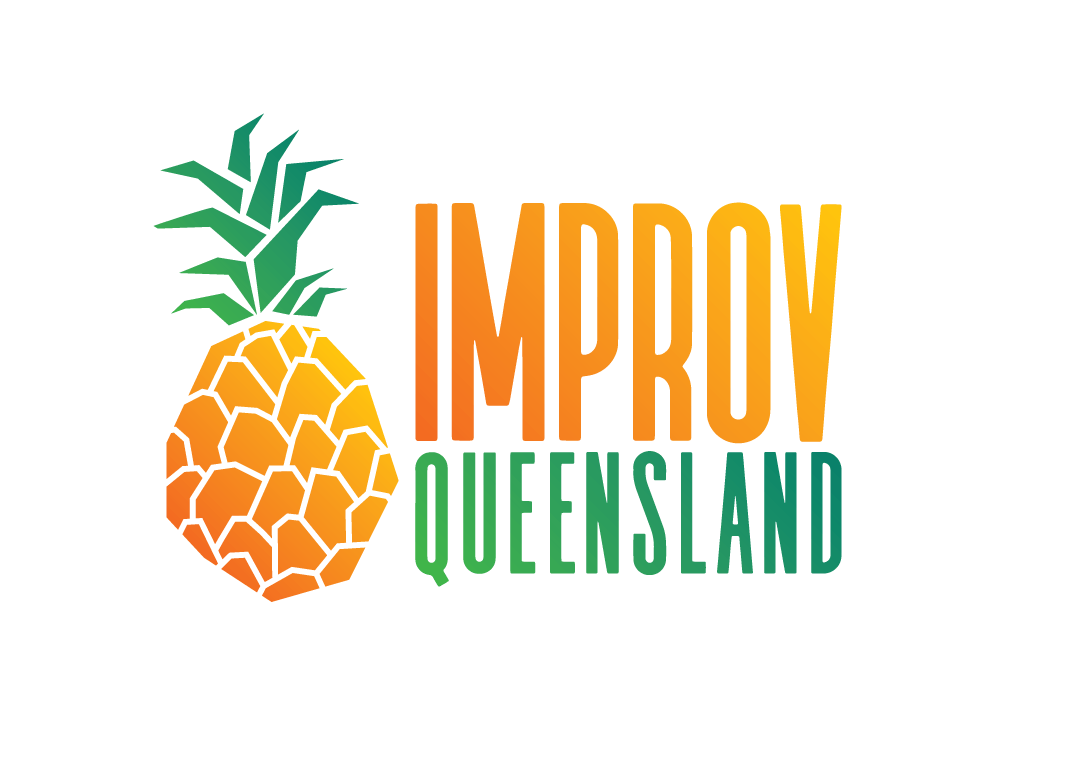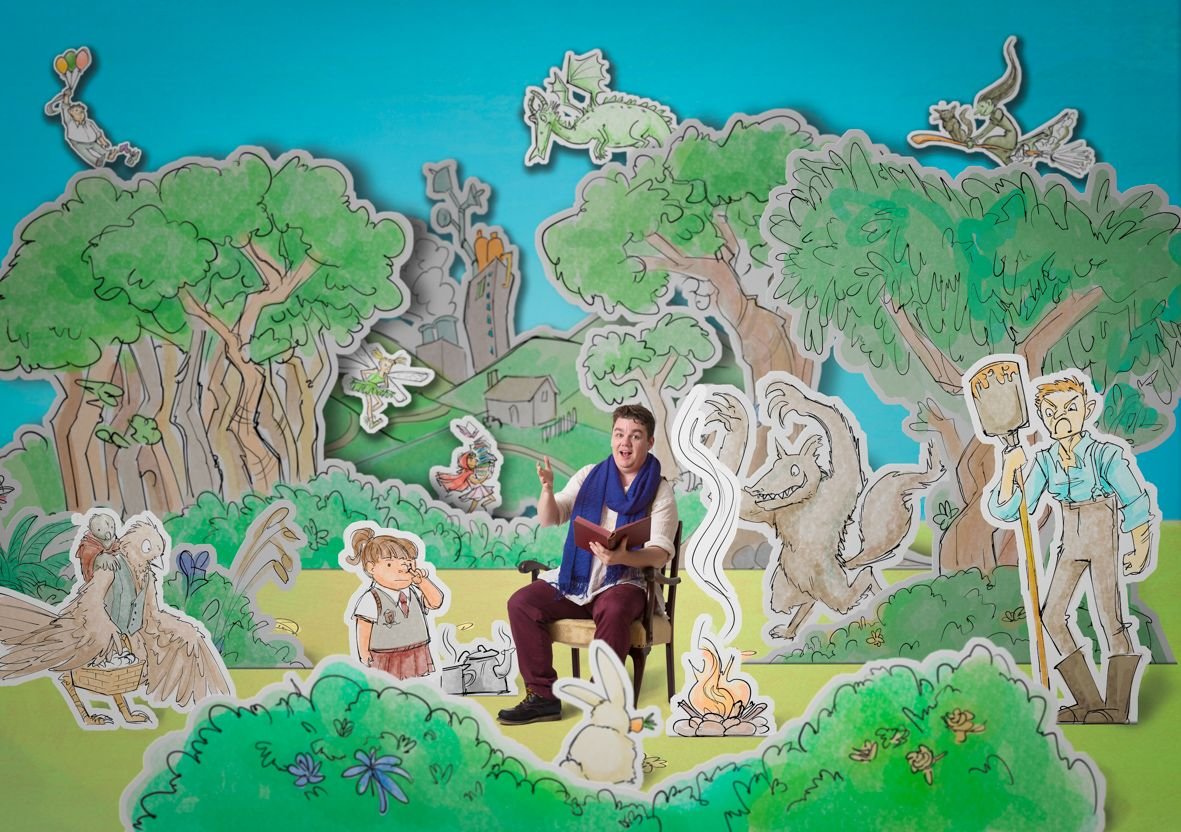5 Reasons Why Improv is Great for Public Speaking and Confidence
Public speaking can be a daunting task for many, striking fear into the hearts of otherwise confident and articulate individuals. However, one thing I have discovered is that the skills learned doing improv - even though it appears quite different to public speaking on the surface - often translate into more confidence when speaking in public, doing presentations or communicating generally.
Why is this?
While improv doesn’t focus on many of the common skills or advice associated with public speaking (such as being prepared, body language) it does give you fantastic experience in one of the most important skills - standing up in front of an audience and making things up.
Below I have set out some of the reasons I think improv can be useful for someone looking to build their public speaking or communication skills.
Learning It's Okay to Get It Wrong
One of the most powerful lessons that improv imparts is the acceptance of failure. In an improv setting, making mistakes is not just tolerated; it's encouraged. When you're on stage without a script, you're bound to make errors or encounter unexpected situations. This environment teaches you to embrace these mistakes as opportunities to learn and grow.
This mindset can be applied to public speaking, where errors and missteps are a natural part of the process. The ability to recover gracefully from mistakes and continue speaking with confidence is a crucial skill that improv helps you develop.
I once taught an experienced trainer and she used this lesson in a training session she later ran where the sound system broke down unexpectedly. Rather than getting flustered, she turned it into a game with the audience where she would get them to call out whether they could hear her or not. She realised that how you respond to a problem or mistake is more important than the problem itself (after all, most audiences are pretty understanding and will work with you to solve issues).
Build Confidence Thinking on Your Feet
In the world of improv, thinking on your feet is not just encouraged; it's essential. Improv forces you to come up with creative, engaging responses in real-time, and this skill can be a game-changer for public speaking. When faced with unexpected questions or situations during a speech, your improv-honed ability to think on your feet helps you respond with ease and confidence. You become better equipped to handle Q&A sessions, impromptu discussions, and even unforeseen technical glitches during your presentations.
Practice Getting Up in Front of People
Public speaking is all about addressing an audience, and the more you practice it, the better you become. Improv provides a fantastic platform to practice getting up in front of people without the pressure of delivering a perfectly scripted speech. Every time you step on an improv stage, you're honing your ability to perform in front of an audience, helping you become more comfortable and confident with each experience.
I have had several students over the years who have commented that they were more confident putting their hand up at work to do presentations after doing one of our classes. This was because they had spent week after week jumping up in front of an audience performing scenes, taking risks and making things up. After that, talking about a topic at work which they new a lot about seemed much less daunting.
Learn to Trust Your Own Creativity
Improv pushes you to tap into your creative reservoir and trust your instincts. It encourages you to take risks, experiment with ideas, and develop a unique voice. This trust in your own creativity translates into public speaking by allowing you to infuse your speeches with personality and originality. Instead of relying on a rigid script, you'll learn to connect with your audience on a more authentic level, making your speeches more engaging and memorable.
It's Fun
Perhaps the most enjoyable aspect of using improv to improve public speaking and confidence is that it's fun! The improvisational environment is lighthearted, entertaining, and fosters a sense of camaraderie among participants. Having fun while learning makes the process less intimidating and more enjoyable. As a result, you'll be more likely to engage in practice, face your fears, and ultimately become a more confident public speaker.
If you are interested in learning more or giving it a go, then check out our classes below.






